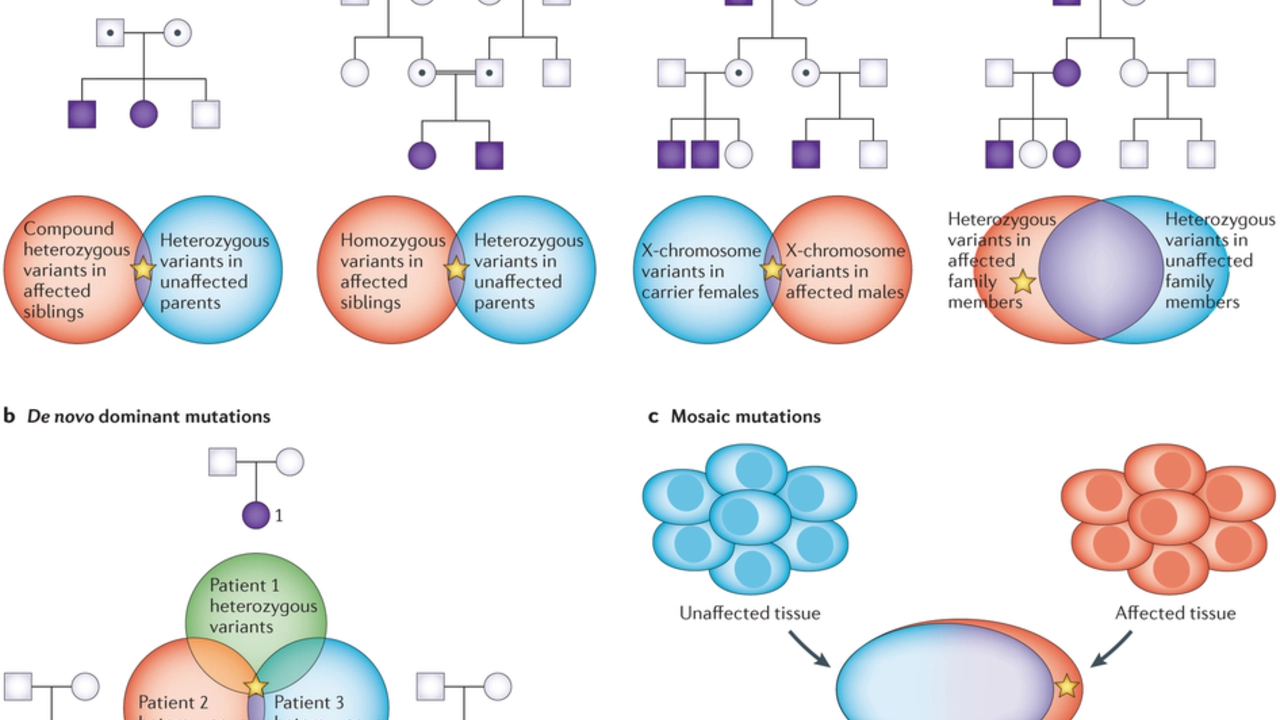Your genes can change how you respond to drugs, supplements, and even diet. Want fewer side effects or better results? Understanding basic genetics can help you and your doctor make smarter choices about prescriptions, doses, and long-term care.
Pharmacogenetics is the field that links genes to drug response. A single gene can speed up or slow down how your body breaks a medication. For example, some people metabolize antidepressants or blood thinners much faster or slower than average, which affects dose and safety. If a test shows you’re a fast metabolizer, a standard dose might do nothing. If you’re slow, the same dose could cause toxicity.
Genetic testing isn’t for everyone, but it can be useful when: you’ve had bad reactions to meds, you take multiple long-term prescriptions, or you have a strong family history of a genetic condition. Tests range from single-gene checks to panels that cover common drug-gene pairs. Many tests are available through clinics, some through telehealth, and a few reputable services offer mail-in kits with physician support.
Talk to your doctor about what the test covers. Not all results require action. A useful test will report clear guidance — like “consider lower dose” or “avoid drug X” — not vague warnings. Keep in mind insurance coverage varies; some plans cover pharmacogenetic tests when there’s a medical reason.
Got a genetic test? Don’t panic. First, store results where your healthcare team can access them. Second, review key drug interactions with your pharmacist. Third, use the results as part of an ongoing plan, not a one-time fix. If a test suggests an alternative medication, ask about real-world tradeoffs: side effects, cost, and how quickly the alternative works.
Genetics also matters for inherited diseases. If a family has a history of conditions like familial hypercholesterolemia or certain cancer syndromes, targeted testing can guide screening and prevention. That information can affect drug choices too — for instance, who benefits most from certain cholesterol drugs or who should avoid specific treatments.
Supplements and natural products can interact with genetics, too. For example, people with certain gene variants may need different doses of vitamin D or have different reactions to herbal remedies. Always check with a clinician before changing supplements based on genetic results.
Want to act now? Start with one conversation: ask your primary doctor or pharmacist whether pharmacogenetic testing might help with your current meds. If you use telehealth or online pharmacies, check if they integrate genetic info into prescribing. Small steps now can reduce side effects and improve how well your treatments work.
If you’re curious, look for resources that explain which genes matter for common drugs — sites from hospitals, pharmacies, or peer-reviewed summaries. Keep privacy in mind: genetic data is sensitive, so ask how it’s stored and who can see it. A few simple tests and a clear plan can make medications safer and more effective for you today.
In my latest blog, I delve into the complex world of Chromosome-Positive Lymphoblastic Leukemia and its genetic links. This is a type of cancer that starts in the bone marrow, with genetic aspects playing a significant role in its development. I break down the science behind this in a way that's easy to understand, even if you're not a medical professional. We also explore how genetic testing can aid in diagnosis and treatment options. It's an enlightening look into how our genes can impact our health.

As someone who has been researching juvenile arthritis, I've discovered that there is a strong connection between this condition and genetics. Studies have shown that children with a family history of arthritis are at a higher risk of developing juvenile arthritis. Certain genes, such as HLA genes, have been identified as key players in this connection. This knowledge has led to better understanding and treatment options for those affected by the disease. It's fascinating to learn how our genes can play such a significant role in determining our health outcomes.